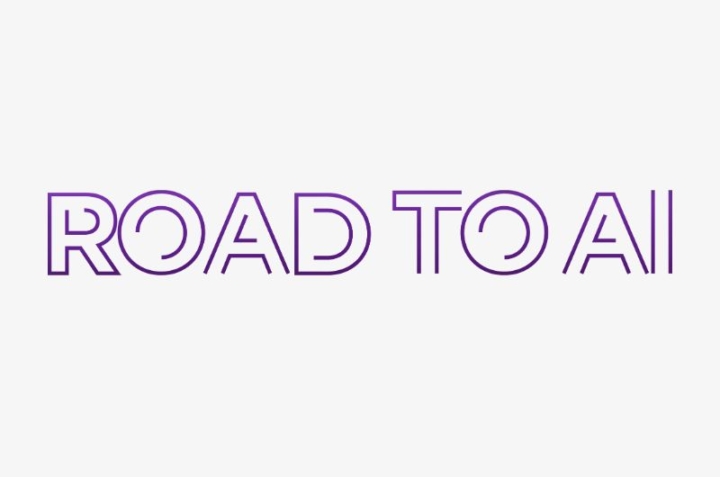Ever since the public launch of OpenAI’s ChatGPT in Autumn 2022, many articles and comment pieces have claimed that Artificial Intelligence (AI) is unstoppable: it’s coming for your job, your industry… and maybe even humanity itself. But behind the hype, there is a real challenge to cut through all that noise and get a better understanding of what AI actually is, how it will affect us, its potential, benefits, limitations, and what it means for the future.
AI has been around in the healthcare industry for a while now, and it’s quietly transforming things for the better. What’s more it’s doing all this without losing the human touch, and in many cases, it’s putting people even more at the heart of the patient journey. From identifying candidate models more efficiently to reducing trial bias and revolutionising supply chains, AI is getting new drugs to the people who need them and generating data-driven insights which can personalise therapy like never before.
Beyond pharma, AI and increased connectivity is playing a huge role in the digital healthcare revolution. From faster diagnosis of skin cancers to teleconsultation, less disruptive self-treatment and an increased use of digital devices in preventative treatment, technology is driving the more efficient use of scarce healthcare resources (and helping address chronic global shortages of doctors and nurses) through better, faster, less invasive treatments.
It’s easy to imagine a world in the near future where AI-led insights into the individual can enable bespoke prevention regimes to reduce the risk of disease much later in life, or of drugs which are precisely and individually tailored to the patient at a genetic level. But to make that happen, we need to lay the right foundations to ensure the advancements of AI happens on our terms.
A revolution that will be built on Data
Rather than AI replacing human involvement in healthcare, it’s probably better to see it as part of the team: a new, highly productive colleague. But while AI can find amazing insights in huge datasets—and is getting more powerful all the time—the old IT adage ‘garbage in, garbage out’ still applies. AI-led insights can only ever be as good as the data model that it is given or the questions it is asked, and that’s a job for a person.
Like any new colleague, AI needs to be trained in the values and expectations of the company, the regulations and laws to which it is subject, and the boundaries within which it is expected to operate. Instead of waiting for regulation, healthcare companies should proactively establish design principles for the use of AI, so its use is always acceptable and beneficial, and companies remain accountable for the outcomes it provides.
Another thing AI has in common with any new employee is that it needs the supervision of a good manager. But even the most experienced people manager is going to need a whole new skillset. This includes an understanding of programming, a more mathematical approach to problem solving, and knowledge specific to the healthcare sector such as medical terminology, relevant data sources, ethical and regulatory issues and the needs and expectations of the various stakeholders.
The shift towards the use of AI is a fundamental one, and it will affect every player in the healthcare system. The industry needs to decide whether individual companies should set their own guidance for the use of this new technology, or whether standards and design principles should be developed and adopted across the sector.
AI in Healthcare: A question of trust
Trust has long been a key challenge for the pharmaceutical industry, and how pharma will use AI is no exception. There is genuine unease about the potential of AI to do harm in an area where privacy and healthcare are always on the line, and there are clear demands for limits to be put in place for how it can be used in the sector.
We—as individuals, as companies and as an industry—need to increase our knowledge and understanding of the capabilities, potential, and possible downsides of AI, and to work out how we can best use it responsibly. We need to think about use cases, how this new technology can offer a competitive edge, and how we should respond when it doesn’t do what we expect.
Because make no mistake: the AI revolution isn’t coming; it’s already here. It is our responsibility to make sure we can take advantage of the enormous benefits this amazing new technology can bring, but that we remain open, humble, and flexible enough to make sure the revolution works for everyone.
Let's continue our exploration:
Get your questions answered by our Data & AI experts. Find out how we can help you realize the full potential of AI for your organization.
Read our “Road to AI” series to explore the many facets of artificial intelligence and unlock its power to grow your business.





